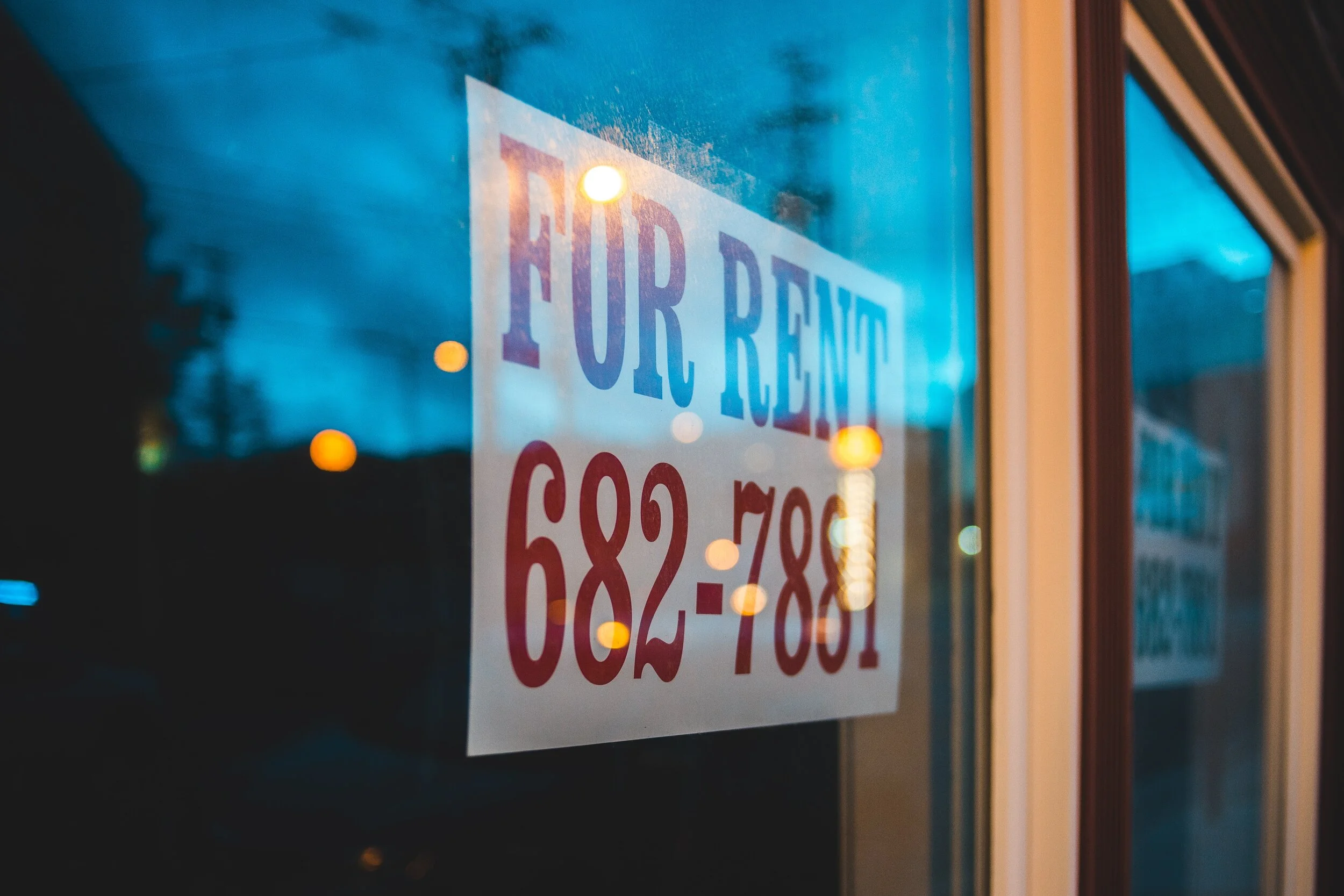We get the density and the height, but not much action. Some of the form, none of the function.
Read MoreBasically decent people can support or enable things you find self-evidently bad. It’s easy to caricature them—it’s much harder to truly do the work of seeking to understand.
Read MoreKansas City’s path forward is simple yet powerful. It needs to recommit to its own strengths—the same ones that built the city in the first place.
Read MoreLarge swaths of cities were bulldozed to build urban freeways. But there’s another reason freeway-building devastated city neighborhoods — and it’s a force still at work today.
Read MoreOakland’s open streets program has become a national model. Not because they got everything right, but because they got started and keep getting better.
Read MoreSo you've heard that "developers" wield a lot of power in your city, or that certain actions will or won’t benefit them? It matters which ones you’re talking about.
Read MoreThe test used to evaluate tax incentives is full of holes. Not surprisingly, this has led to problems, and not just in Kansas City. Here’s how to know whether tax incentives will be generating new economic activity…or just moving money around.
Read MoreTax incentives are a powerful weapon to attack urban problems. But Kansas City—like many cities—has a history of using them recklessly and ineffectively: more “Ready, Fire, Aim” than “Ready, Aim, Fire.”
Read MoreIncremental change doesn’t mean slow change. In fact, unleashing the power of the many to make small changes in response to immediate needs may be the only approach that is up to the scale of the problems our cities face.
Read MoreMinneapolis made waves when it ended single-family zoning. Yet the devil’s in the details—and some of the details that will make or break this policy are being decided right now.
Read MoreDon't let your city's leaders backtrack on good urban design practice because of the pandemic.
Read MoreThere’s a a lot of misunderstanding about developers: what they do and how their business model works. Here are 6 things you need to understand to have informed conversations about development in your city.
Read MoreA lot of bad public engagement sets the impossible goal of identifying the community’s “vision” for a place by asking people about their preferences—usually with questions they’re ill-equipped to answer. There’s a better way.
Read MoreLast November, Minneapolis made duplexes and triplexes legal on any residential lot—an achievement that became a model for other towns and cities. Let’s check in.
Read MoreVacancy rates are a crucial piece of bottom-up feedback. They can tell us when the housing ecosystem is out of equilibrium. But there are larger questions they can’t answer.
Read MoreParking is so ubiquitous that it’s hard to see just how much we have of it. But the data shows us. The data also reveals what a waste of precious resources all that parking is.
Read MoreThe oldest buildings in your city have endured for a reason. They’re also the ones most likely to be around long into the future. Why not show them a little love?
Read MorePortland, Oregon has joined the ranks of cities ending their apartment bans and allowing the next increment of residential development everywhere. Here’s a run-down of why they just might have passed the best such policy yet.
Read MoreExtend the "open streets" and sidewalk dining revolution to include a fair shake for the smallest of small entrepreneurs.
Read MoreSometimes to appreciate the power, versatility, and appeal of missing middle housing, it helps to go somewhere it still exists.
Read More



















